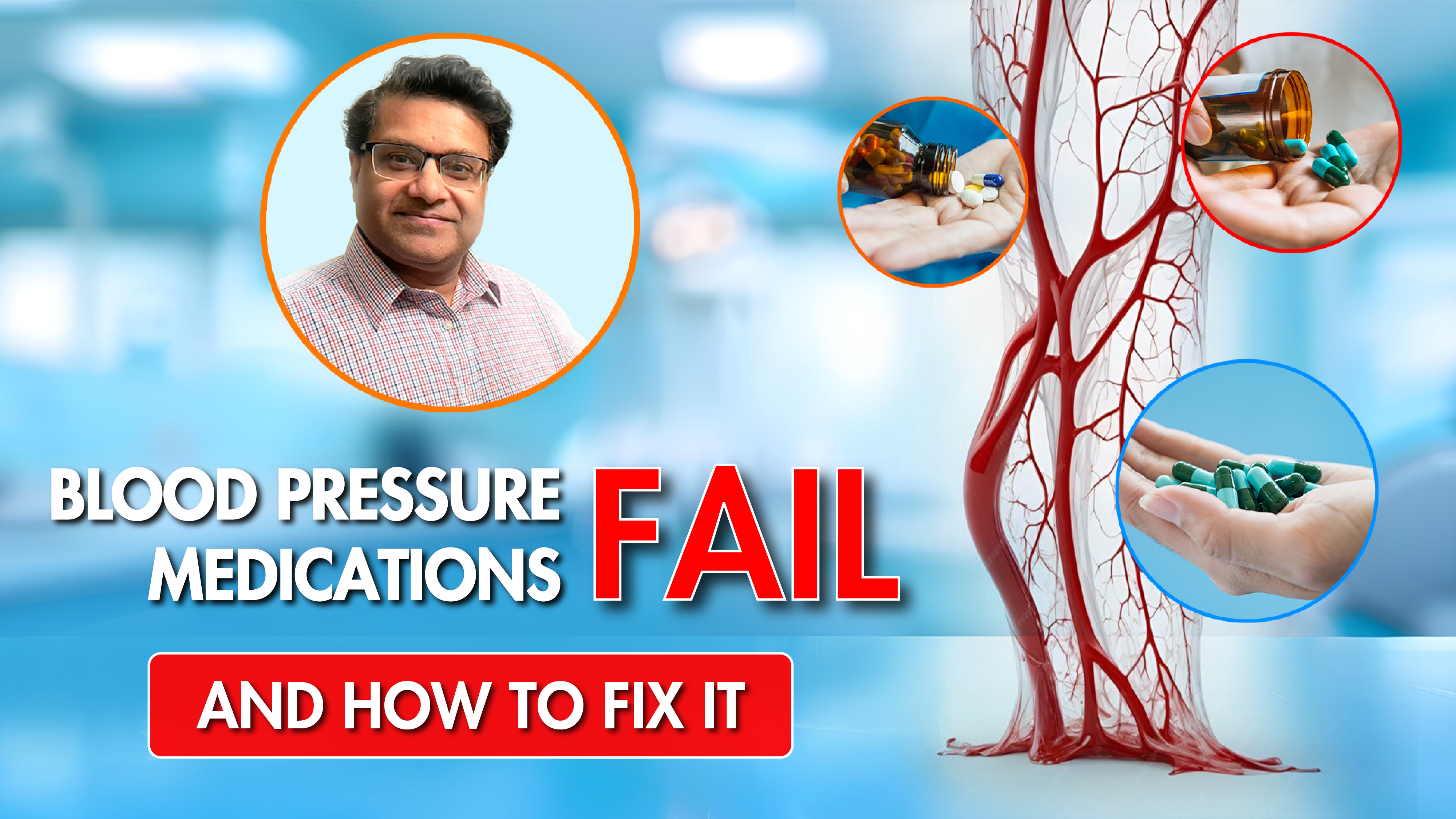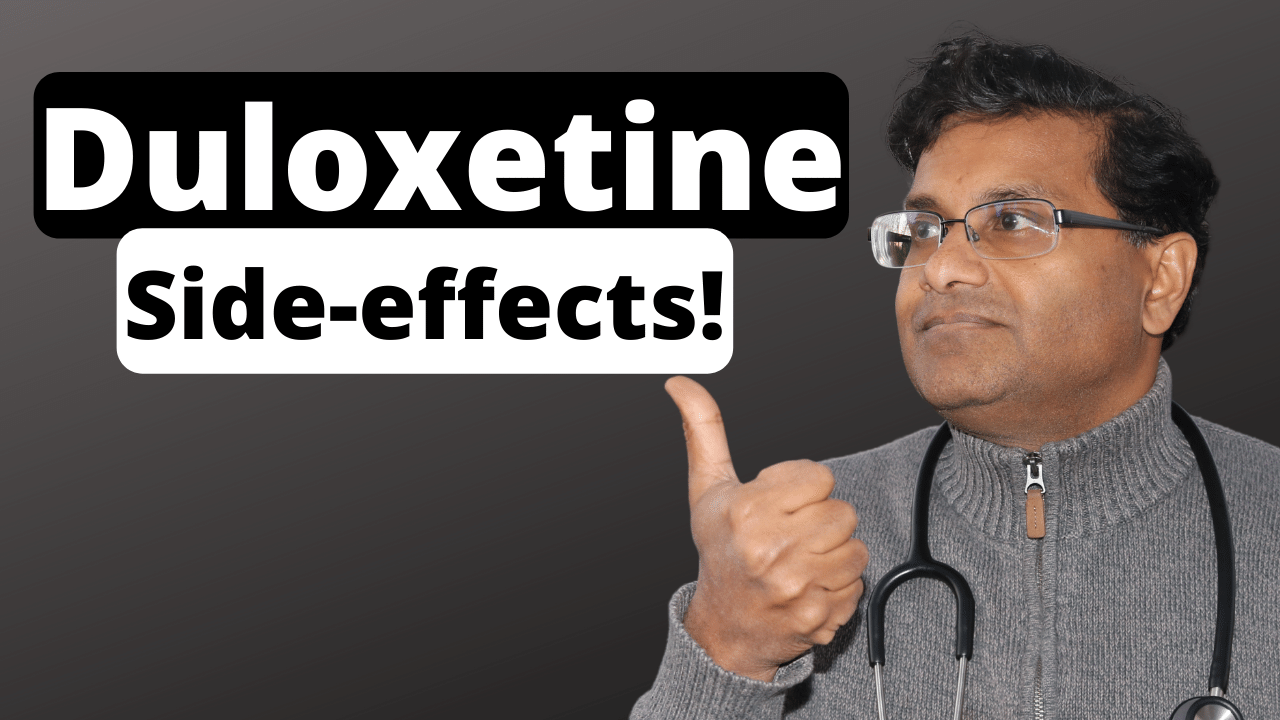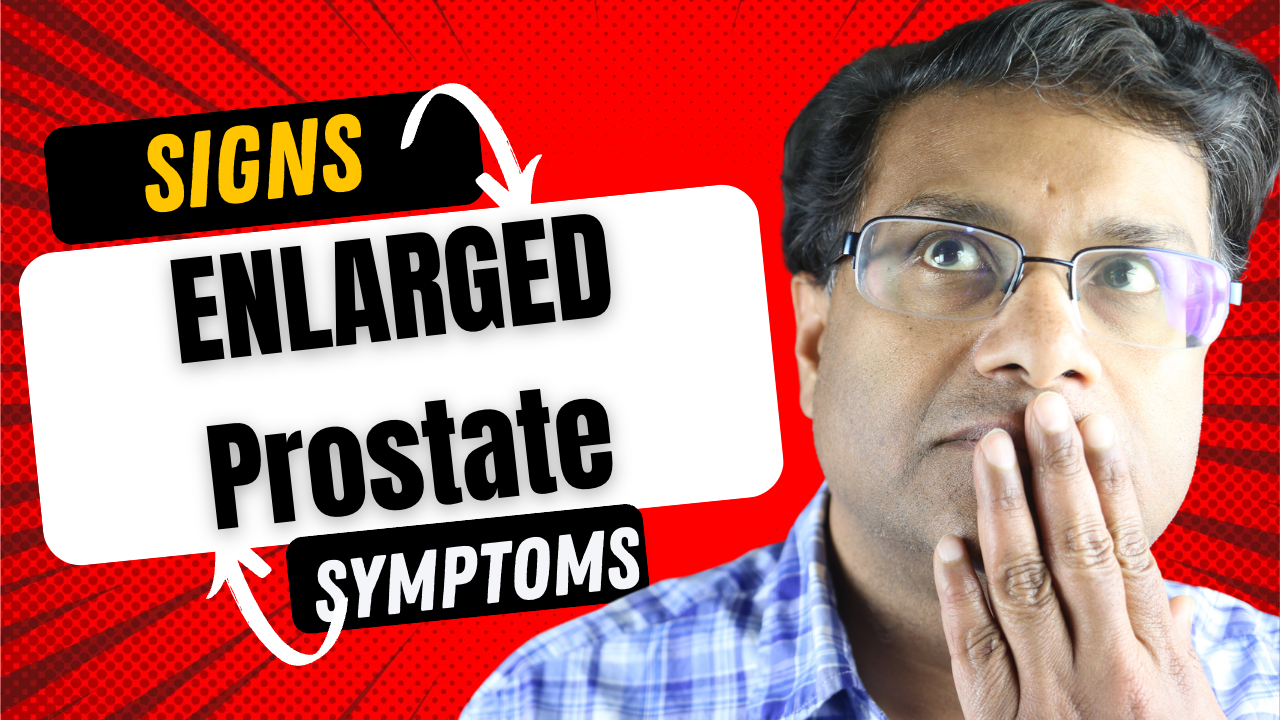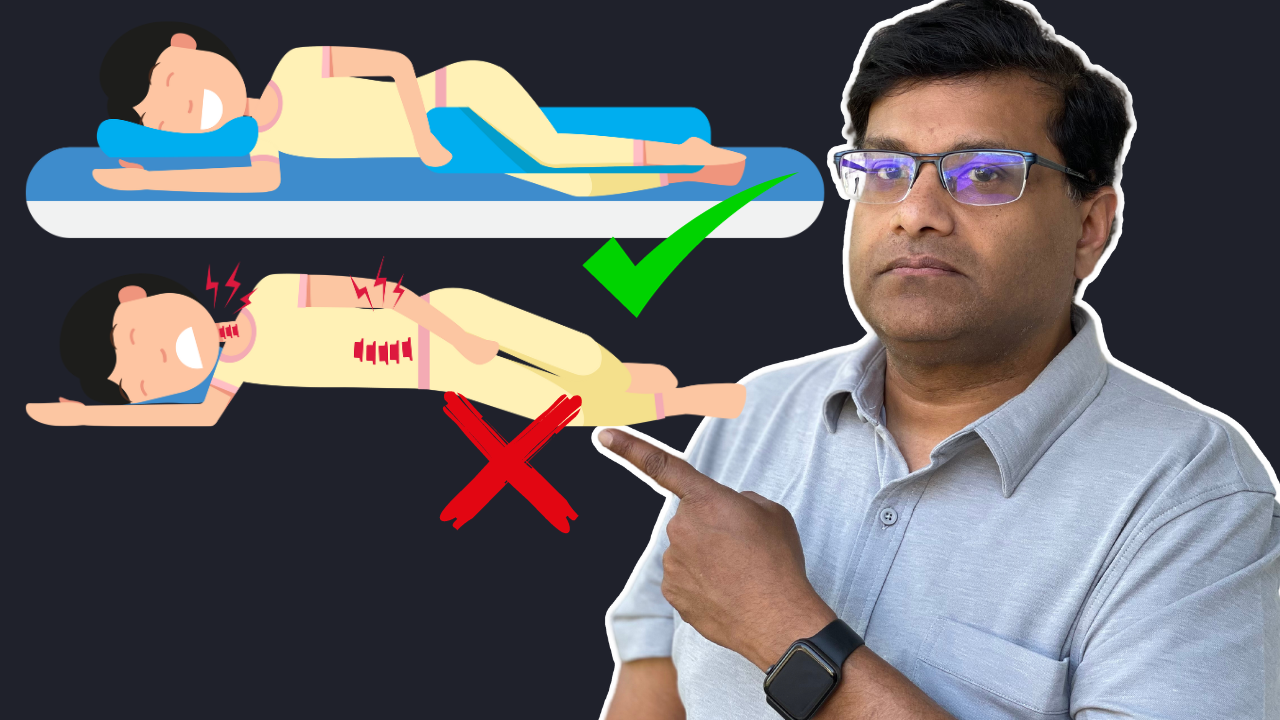Are you frustrated that your blood pressure medications aren’t bringing your numbers down?
You’re doing everything you can—taking your meds, trying to be healthier—but nothing seems to work. Why?
Today, we’re breaking down the reasons your blood pressure meds might not be working as well as you’d like.
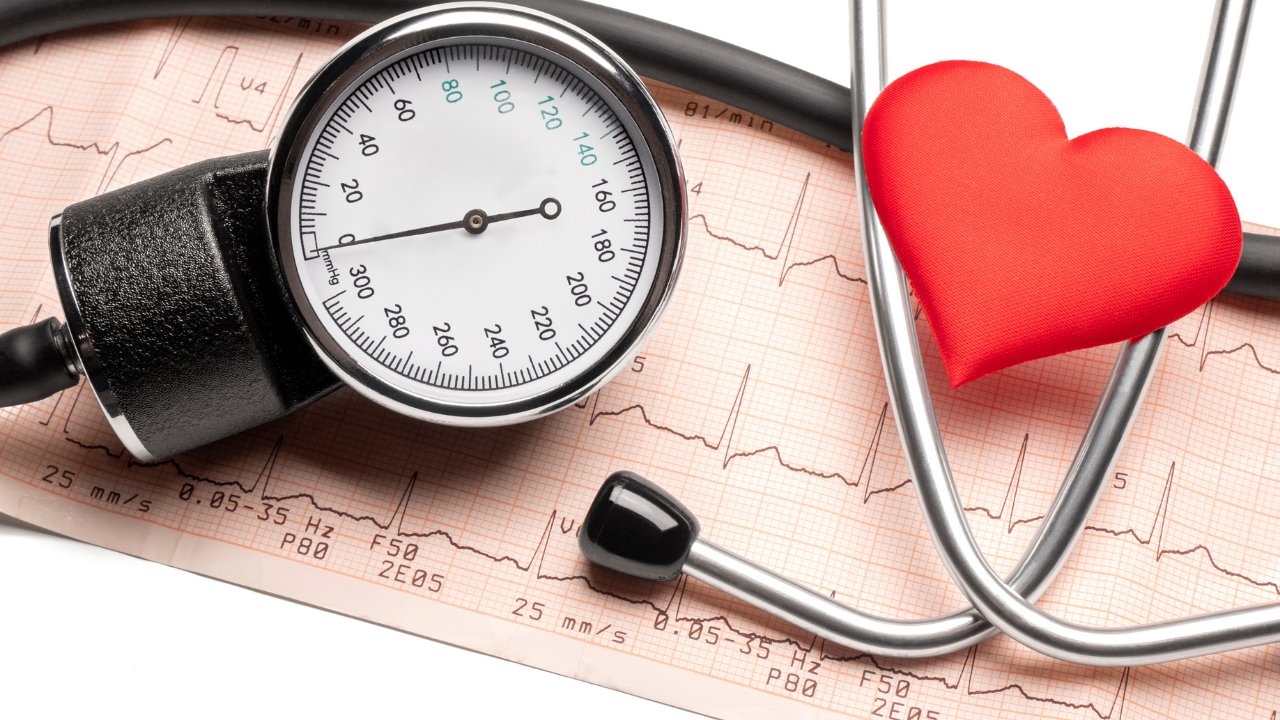
Let’s say you’ve been taking blood pressure meds for a while now. You’re doing what your doctor tells you, but during your recent visit, your numbers are still high. It’s confusing and even a little demotivating, right?
But don’t worry. It’s not always the medication that’s failing—there are several factors that might be influencing your blood pressure.
Let’s look at 9 reasons.
Reason #1: Not Taking the Medication Correctly:
The first issue might be simple: the medication isn’t being taken properly. This could mean skipping doses, not taking it at the right time, or even with the wrong type of food.
These meds are designed to be taken in a specific way for maximum effect.
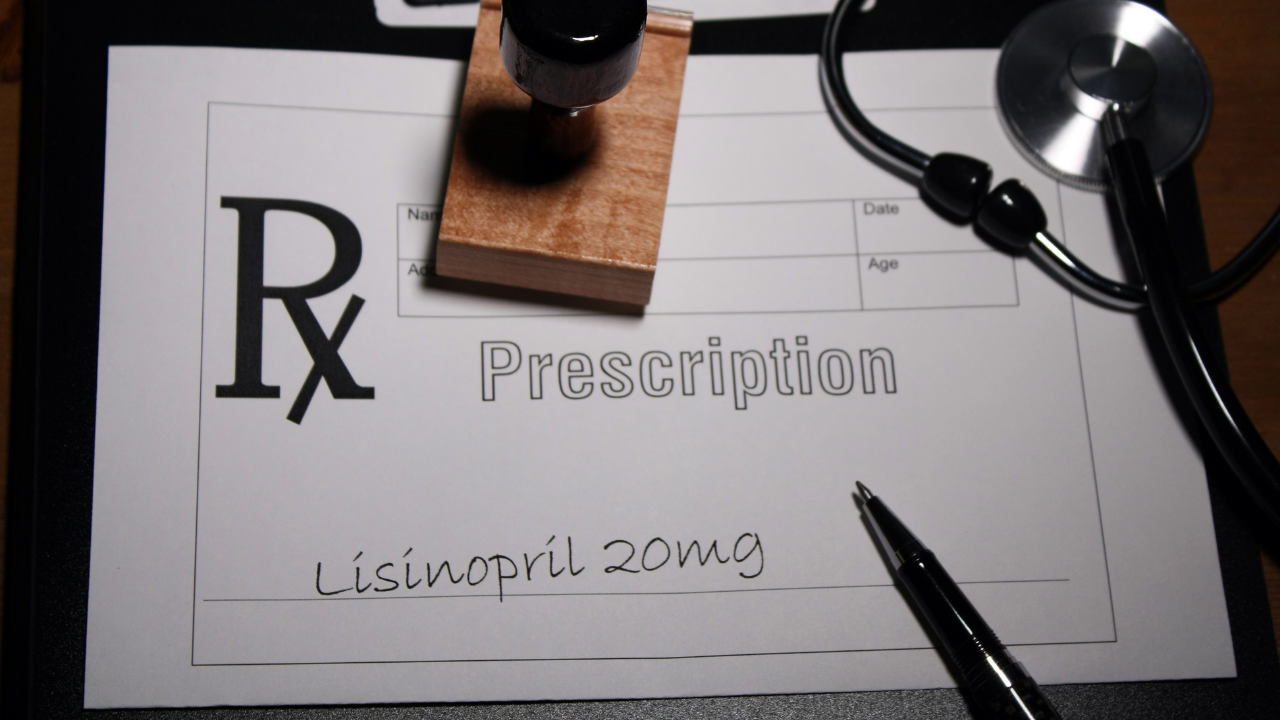 For example, if you’re on an ACE inhibitor like Lisinopril, skipping doses or taking it inconsistently could cause fluctuations in your blood pressure. Similarly, taking a beta-blocker like Metoprolol on an empty stomach may affect how well it’s absorbed.
For example, if you’re on an ACE inhibitor like Lisinopril, skipping doses or taking it inconsistently could cause fluctuations in your blood pressure. Similarly, taking a beta-blocker like Metoprolol on an empty stomach may affect how well it’s absorbed.
Quick Fix: Use tools like a pill organizer or set daily alarms to help you stay consistent. It may sound basic, but sticking to a schedule is critical.
Reason #2: White Coat Hypertension

Next, let’s talk about White Coat Hypertension.
This is when your blood pressure spikes due to the anxiety or stress of being at the doctor’s office. It might appear that your medication isn’t working, but at home, your blood pressure could be fine.
If you’re only measuring your blood pressure at the doctor’s office, you might be misled into thinking the medication isn’t effective, when in fact, stress is temporarily raising your levels.
Quick Fix: Consider getting a home blood pressure monitor and tracking your readings over a period of time. Measuring your blood pressure in a relaxed environment gives a clearer picture of whether your medication is actually working.
Reason #3: Wrong Dosage or Medication
Sometimes, the issue comes down to dosage or the type of medication you’re on. Blood pressure medications are not one-size-fits-all, and what works for one person might not work for another.
Over time, your body might develop a tolerance to the medication, or you may need a higher dose to get the same effect.
You might also need a combination of medications. Some people need two or even three different drugs to control their blood pressure effectively. For instance, you might benefit from a diuretic alongside your ACE inhibitor to get better control.
Quick Fix: Keep the conversation with your doctor open. If you feel like your medication isn’t working, ask about adjusting the dose or trying a new medication combination.
Reason #4: Over the Counter (OTC) Medications and Supplements
This is a common, but often overlooked factor: OTC medications and supplements can interfere with blood pressure meds or raise your blood pressure directly.
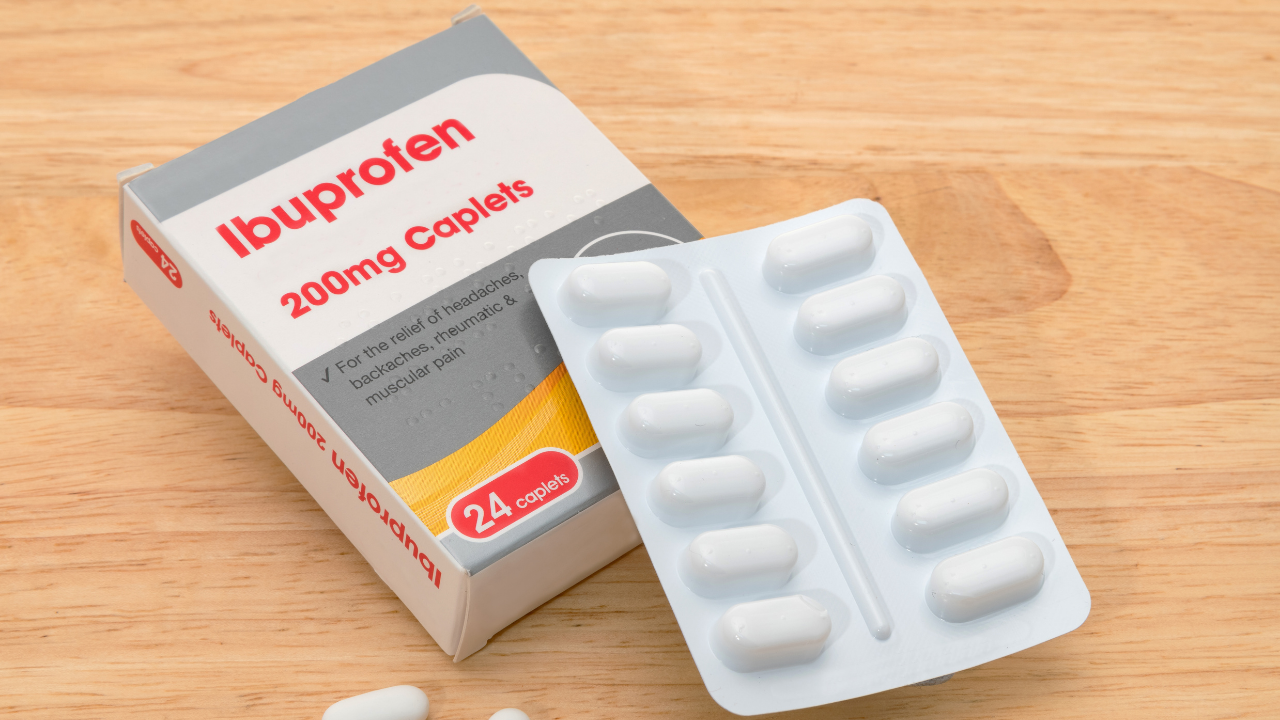
For instance, NSAIDs like ibuprofen can cause water retention, which raises blood pressure. Decongestants in cold medicines, like pseudoephedrine, can also increase your blood pressure.
Even some natural supplements like licorice root can spike blood pressure or interact negatively with your meds.
Quick Fix: Always double-check with your doctor or pharmacist before taking any new OTC meds or supplements to make sure they won’t interfere with your blood pressure treatment.
Reason #5: Too Much Caffeine or Alcohol
Are you a coffee lover?
Or maybe you enjoy a glass of wine at dinner? While caffeine and alcohol in moderation can be okay, too much of either can throw off your blood pressure control.
Caffeine can cause a short-term spike in blood pressure, and if you’re drinking several cups a day, those spikes add up. Similarly, alcohol can raise your blood pressure over time and even interfere with your medication.
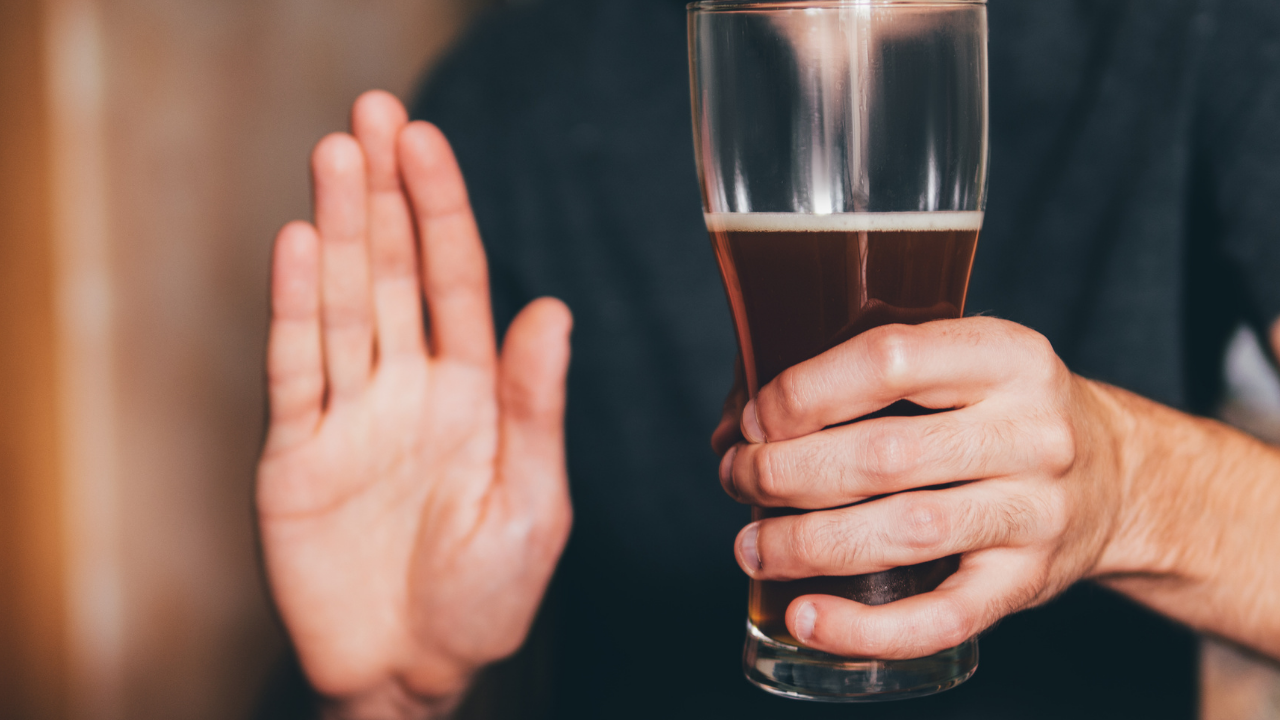
Quick Fix: Try reducing your caffeine intake to one or two cups of coffee per day, and limit alcohol to moderate amounts—one drink per day for women and two for men.
Small adjustments here can make a big difference.
Reason #6: Lifestyle Factors—Diet, Stress, and Sleep
Medications can only do so much if lifestyle factors are working against them. A diet high in sodium, stress, and poor sleep habits can all contribute to high blood pressure that’s resistant to medication.
Diet:
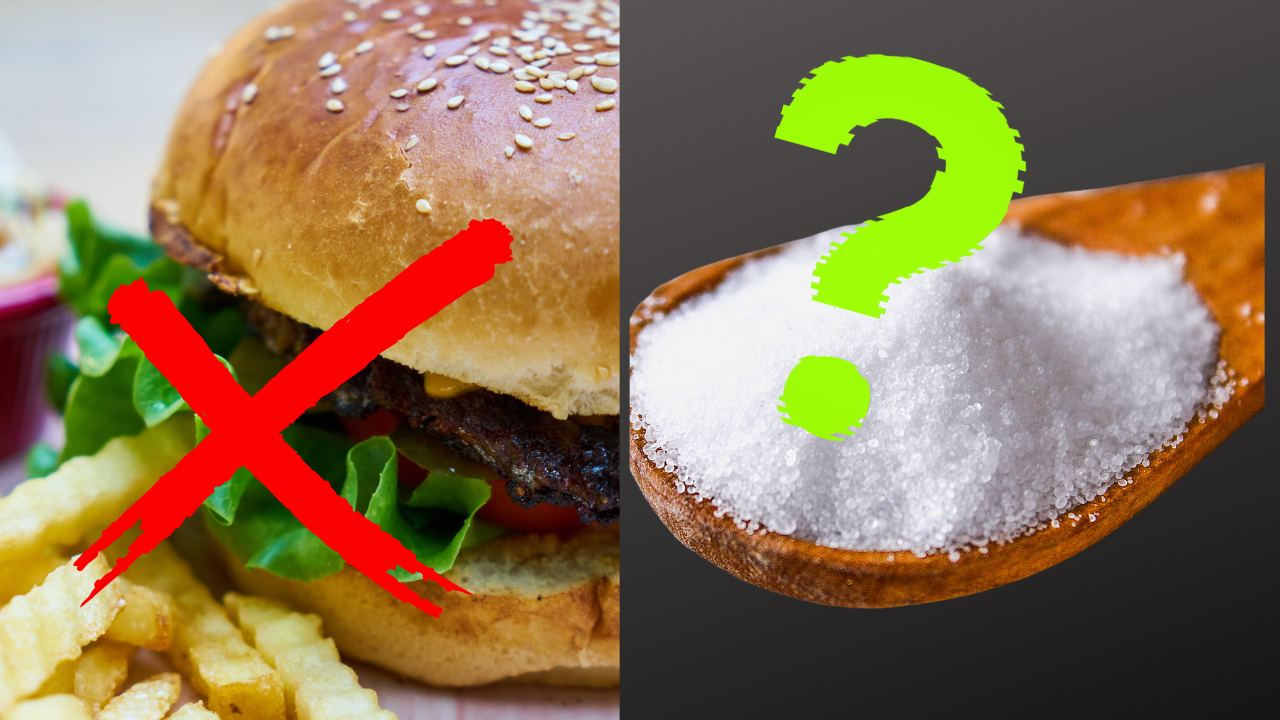
Even if you’re taking blood pressure meds, a diet high in processed foods and salt can sabotage your results. Salt causes your body to hold onto water, increasing the pressure in your blood vessels.
Cutting back on processed foods and choosing fresh, whole foods can significantly lower your blood pressure.
Stress:
Stress causes your body to release hormones like cortisol, which temporarily increases your blood pressure.
Chronic stress keeps your blood pressure elevated, making it harder for medications to do their job. Practices like meditation, deep breathing, or even a daily walk can help lower stress levels.
Sleep:
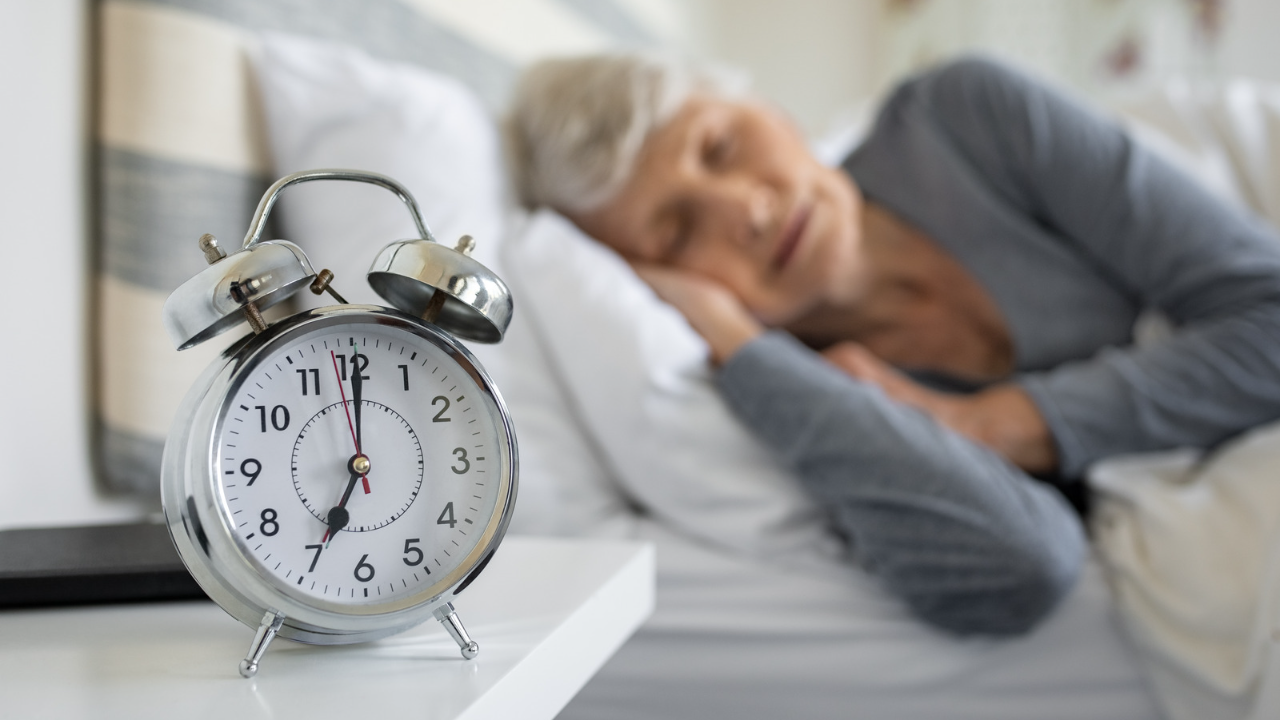
Lastly, poor sleep can also contribute to higher blood pressure. Lack of quality sleep puts extra stress on your heart and blood vessels. Make sure you’re getting at least 7-8 hours of restful sleep each night to support your blood pressure control.
Quick Fix: Focus on gradual lifestyle changes. Start by cutting out processed foods, managing your stress, and improving your sleep habits. These changes, combined with your medication, can lead to better blood pressure control.
Reason #7: Secondary Causes—Kidney Disease and Obstructive Sleep Apnea (OSA)
Sometimes, high blood pressure is caused by other medical conditions.
Two major secondary causes are kidney disease and obstructive sleep apnea (OSA).
Kidney Disease:
Your kidneys play a crucial role in regulating blood pressure by controlling fluid balance. When they’re not functioning properly, your body retains excess fluid, increasing blood pressure.
Chronic kidney disease (CKD) can make it much harder for medications to work.
In fact, kidney disease is one of the most common causes of secondary hypertension. If you have CKD, your doctor might need to adjust your treatment plan to include medications that help protect your kidneys and lower your blood pressure.
Obstructive Sleep Apnea (OSA):
OSA occurs when the airway collapses or becomes blocked during sleep, causing repeated pauses in breathing.

This puts extra stress on the cardiovascular system, which can lead to high blood pressure.
Studies show that about 50% of people with OSA also have hypertension, and controlling OSA is crucial for managing blood pressure.
Quick Fix: If you have symptoms of kidney disease or OSA—such as swelling in the legs or loud snoring—talk to your doctor about getting tested. Treating these underlying conditions may improve your blood pressure control.
Reason #8: Primary Aldosteronism
Sometimes, there’s an underlying cause of high blood pressure that needs to be addressed.
One such condition is primary aldosteronism, where the adrenal glands produce too much aldosterone, leading to high blood pressure. This condition often goes undiagnosed, but it can make blood pressure difficult to control even with medication.
Quick Fix: If your blood pressure remains high despite medication, ask your doctor about tests for primary aldosteronism. Treatment might involve specific medications or even surgery to remove the adrenal gland if needed.
Reason #9: Obesity as a Secondary Cause
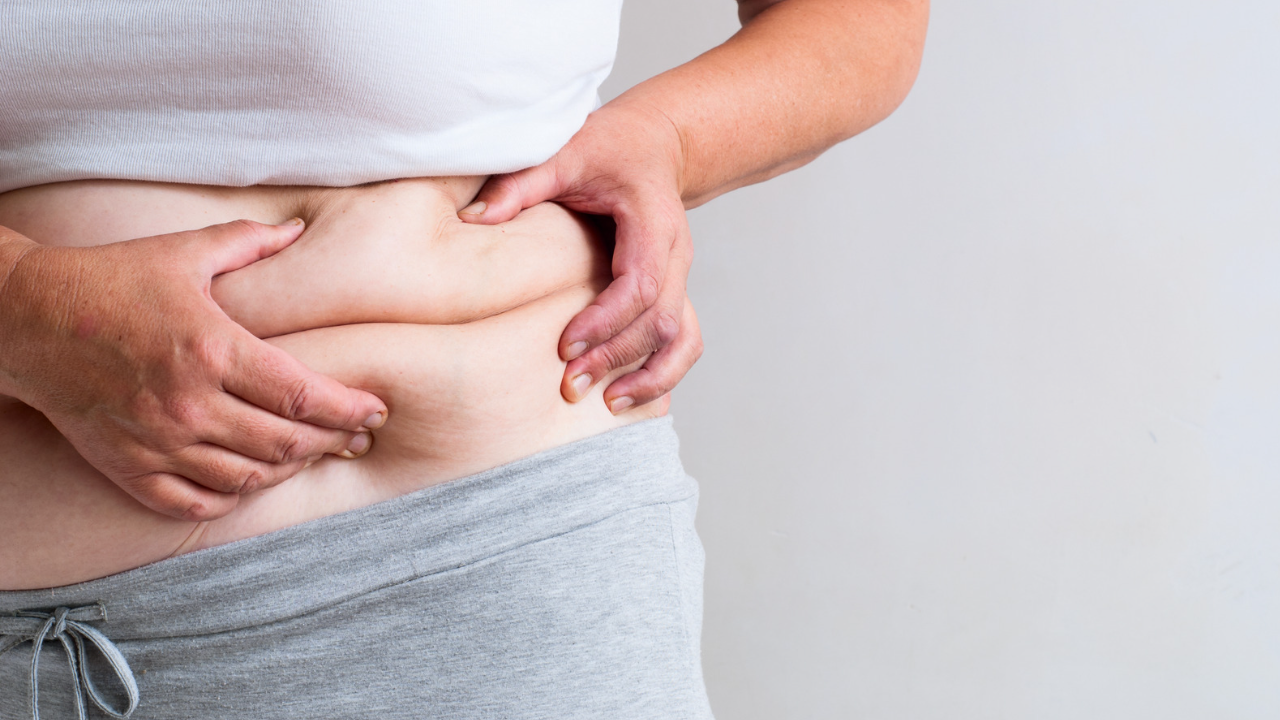
Obesity is a major contributor to high blood pressure, and it can make medication less effective.
Extra weight puts more strain on your heart and blood vessels, causing your blood pressure to rise.
The good news is that even modest weight loss can have a significant impact on lowering your blood pressure.Losing just 5-10% of your body weight can lead to improvements in blood pressure and reduce the need for medications .
Quick Fix: Focus on sustainable weight loss through a combination of diet and physical activity. Incorporating daily walks, eating more vegetables and lean proteins, and reducing sugar intake can help you shed excess weight and make your medications more effective.
What can you do?
At this point, it’s clear that medication alone isn’t always enough. But the good news is that lifestyle changes can significantly improve your blood pressure. Small and consistent steps can lead to big changes. Start small—whether it’s reducing salt, managing stress, or taking a daily walk—and you’ll see improvements. Build these changes into your daily habits and you will see changes.
And remember, underlying causes like primary aldosteronism, kidney disease, or obesity might need to be addressed alongside your medication for better results.
And if you’re interested in an article that will show you how to decrease your blood pressure without medications click right here.
Have a good day and Think your health.
Sources:



